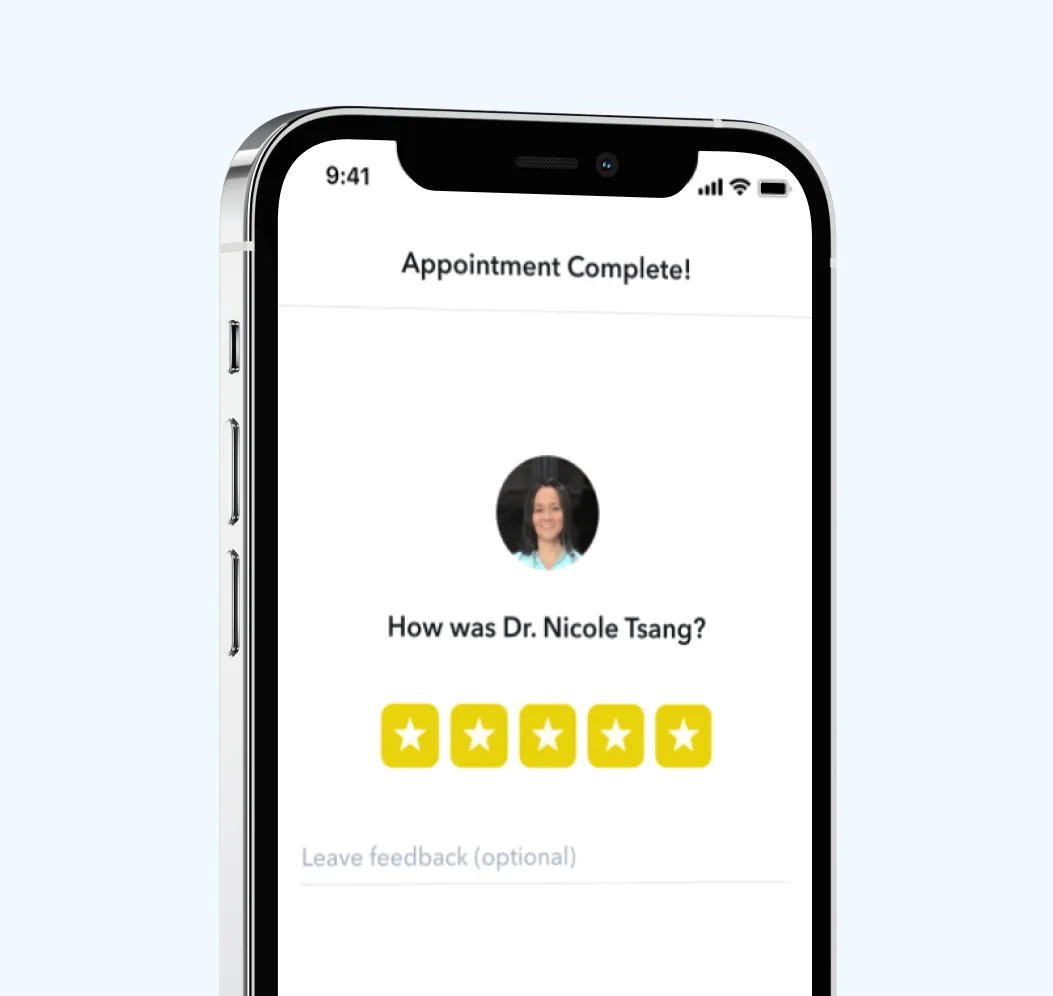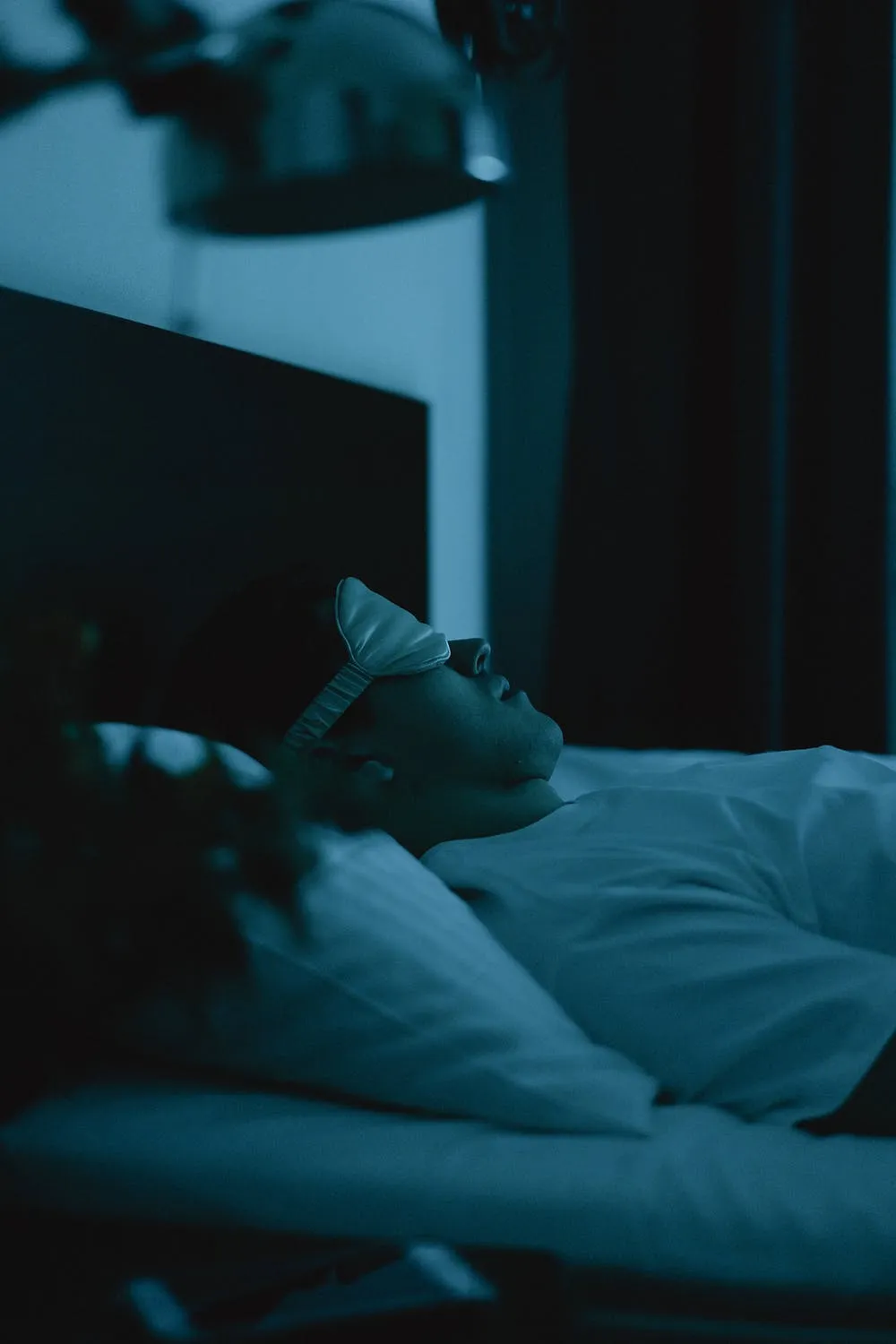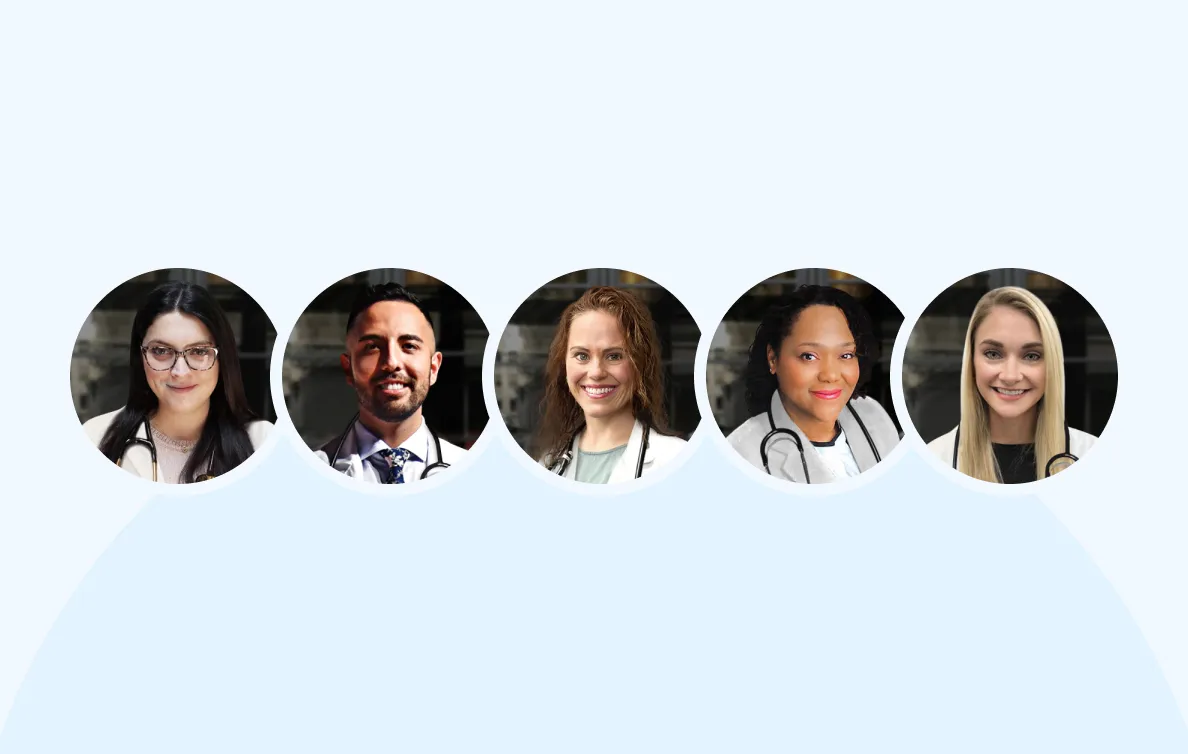All posts
When Should You Participate in a Home Sleep Study?
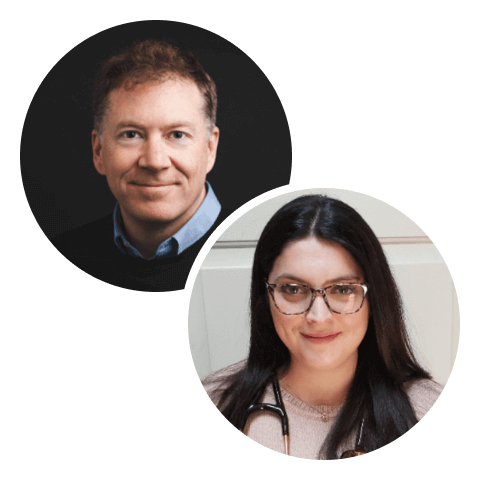
Circle Medical Staff
Aug 23, 2023
12 mins
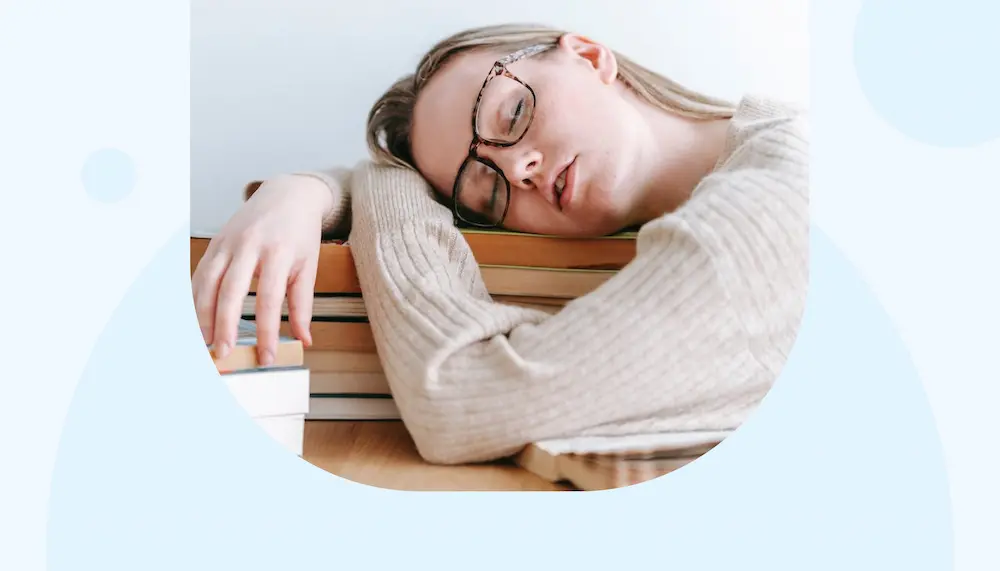
Everyone knows that you need a good night’s sleep to optimize your health. But many people struggle with sleep and don’t get enough hours of rest each night. If you’re having trouble getting the sleep you need, you may have a sleeping disorder. The best way to diagnose a sleep disorder is by taking a sleep study, which you can now do at home! In this blog, we’ll talk about sleep disorders, home sleep studies and how to know if you should take one.
A Brief Introduction
A good night’s sleep can’t be underestimated when it comes to our overall health and well-being. Missing out on sleep chronically can lead to long-term health consequences, along with daily issues like fatigue, irritability and trouble focusing. However, it’s important to remember that you don’t have to just deal with sleep disorders. If you’re having trouble sleeping, there are solutions to help treat your disorder and help you get a good night’s sleep. Before diving into the details of home sleep studies, let’s go over what we mean by sleep disorders.
What Is a Home Sleep Study?
A home sleep study is a diagnostic test that monitors sleep patterns and metrics that allow a sleep professional to identify potential sleep disorders. Unlike a traditional sleep study, a home sleep study doesn’t require you to stay overnight in a sleep lab. Instead, you are given a device to track your sleep that can monitor you in your bed. The device is typically small and unobtrusive. With data from a few nights of sleep, a sleep professional can look at the metrics measured by the device and determine what is causing your lack of sleep. While home sleep studies can diagnose numerous common sleep disorders, it’s important to keep in mind that it may not be as comprehensive as an in-person test and further testing may be required if your condition isn’t easily diagnosed.
With that being said, a home sleep study is by far the most convenient way to get a diagnosis and typically is sufficient for diagnosing a condition.
5 Signs You May Benefit From a Sleep Study
If you’re wondering whether or not you should try an at-home sleep study, here are five signs you can watch out for:
Persistent Fatigue and Sleepiness
If you feel fatigued every day, it’s a good idea to try a home sleep study. This is especially the case if you’re experiencing this even when you get the recommended amount of sleep. A sleep disorder may be interrupting your sleep cycle and affecting the overall quality of your sleep, even if you’re seemingly sleeping soundly throughout the night. Addressing your sleep disorder can help alleviate these symptoms of fatigue and sleepiness and help you feel better in your daily life.
Loud and Chronic Snoring
Another telltale sign that you may have a sleep disorder is if you have loud and chronic snoring. While snoring every once in a while isn’t uncommon, loud and persistent snoring can be a symptom of sleep apnea. Sleep apnea causes your breathing to start and stop during sleep, which affects your sleep quality and disrupts the sleep cycle.
Breathing Interruptions During Sleep
Adding to the previous point, breathing interruptions during sleep can also point to sleep apnea. Even if you’re not snoring, these breathing interruptions can interrupt your body’s sleep cycle and prevent it from entering the deep sleep phase. You may notice you have breathing interruptions during sleep if you find yourself waking up abruptly or waking up gasping for air. If you sleep with a partner, they may also notice that you’re having trouble breathing or are short of breath during the night.
Frequent Nighttime Awakening
Insomnia is one of the most common sleep disorders and is characterized by difficulty falling asleep or staying asleep. If you find yourself having trouble falling asleep, even with a comfortable sleep environment and a good sleep schedule, you may have insomnia. Insomnia can also be a symptom of other sleep disorders or other health conditions. A sleep study can determine if insomnia is the primary cause of your sleep issues or if it’s one symptom of a more serious condition.
Who Should Get a Home Sleep Study?
In short, a home sleep study can be a good idea for anyone who is having chronic issues with their sleep, but there are specific cases where it’s especially recommended to get one. These cases include:
Individuals Suspected of Sleep Apnea
Sleep apnea is one of the most serious sleep disorders and can lead to an array of long-term health consequences if left untreated. The telltale sign of sleep apnea is loud and chronic snoring, but not everyone with sleep apnea snores. Also, it can be hard to know if you’re snoring if you sleep alone. If a partner or anyone you know has ever pointed out that you snore while you sleep, if you frequently wake throughout the night or if you always feel tired the next day, sleep apnea may be the cause. A home sleep study can help clear up any suspicions.
People with Irregular Sleep Patterns or Shift Work
Our bodies follow a natural circadian rhythm where we sleep during the night and are active during the day. However, some people have irregular work hours and night shifts, which can lead to difficulties in establishing a consistent sleep schedule. This, in turn, can lead to sleep disorders like insomnia and excessive daytime sleepiness. If you have difficulties falling asleep and staying asleep, a home sleep study can help you get a diagnosis and, eventually, a treatment plan that can help you establish better sleeping habits.
Those with Suspected Restless Legs Syndrome (RLS) or Periodic Limb Movement Disorder (PLMD)
Finally, a home sleep study is a good idea if you experience symptoms of Restless Leg Syndrome or Periodic Limb Movement Disorder. RLS is characterized by uncontrollable urges to move your legs and is usually accompanied by uncomfortable sensations like crawling or tingling. These symptoms can worsen when you’re trying to rest or fall asleep, disrupting your sleep patterns.
Periodic Limb Movement Disorder involves involuntary jerking or twitching of the limbs, which can also lead to awakenings throughout the night. It can be helpful to take a home sleep study if you suspect you have either of these conditions.
Schedule a Sleep Study at Home!
An in-person sleep study at a lab isn’t always the convenient solution for most people. You have to sleep away from your home, schedule an appointment with the lab and go through the process of traveling there and back. If you’d prefer to conduct your sleep study from the comfort of your home, schedule an appointment to speak with a primary care provider at Circle Medical today!
If you’re a good candidate for a sleep study, your Circle Medical health care professional can send you an at-home sleep study. The kit will include a small, noninvasive device you wear on your finger when you sleep. Once your provider has the results they need, the data will be reviewed by a sleep specialist to diagnose any potential sleep disorders. From there, your provider will develop the best treatment plan for your condition. It’s that simple!
Book an appointment with a Circle Medical telehealth provider today!
Circle Medical is a comprehensive primary care clinic with over 200 board-certified health providers. If you’re interested in at-home care, Circle Medical is an ideal solution. We also offer same-day appointments so you can get started as soon as possible. Book your appointment today!
Circle Medical Providers must meet all of the following standards:
-
Exceptionally qualified in their field
-
Board-certified
-
Deeply empathetic for patients
-
Follows evidence-based care guidelines
-
Embracing of diverse patient backgrounds
-
Impeccable record of previous care
400+ Primary Care Providers.
100% Confidence.
No matter which Provider you choose, you will be seen by a clinician who cares deeply about your health and wants to help you live your happiest, healthiest life.
Circle Medical Providers are held to an exceptionally high standard of compassionate, evidence-based care.
Book Appointment